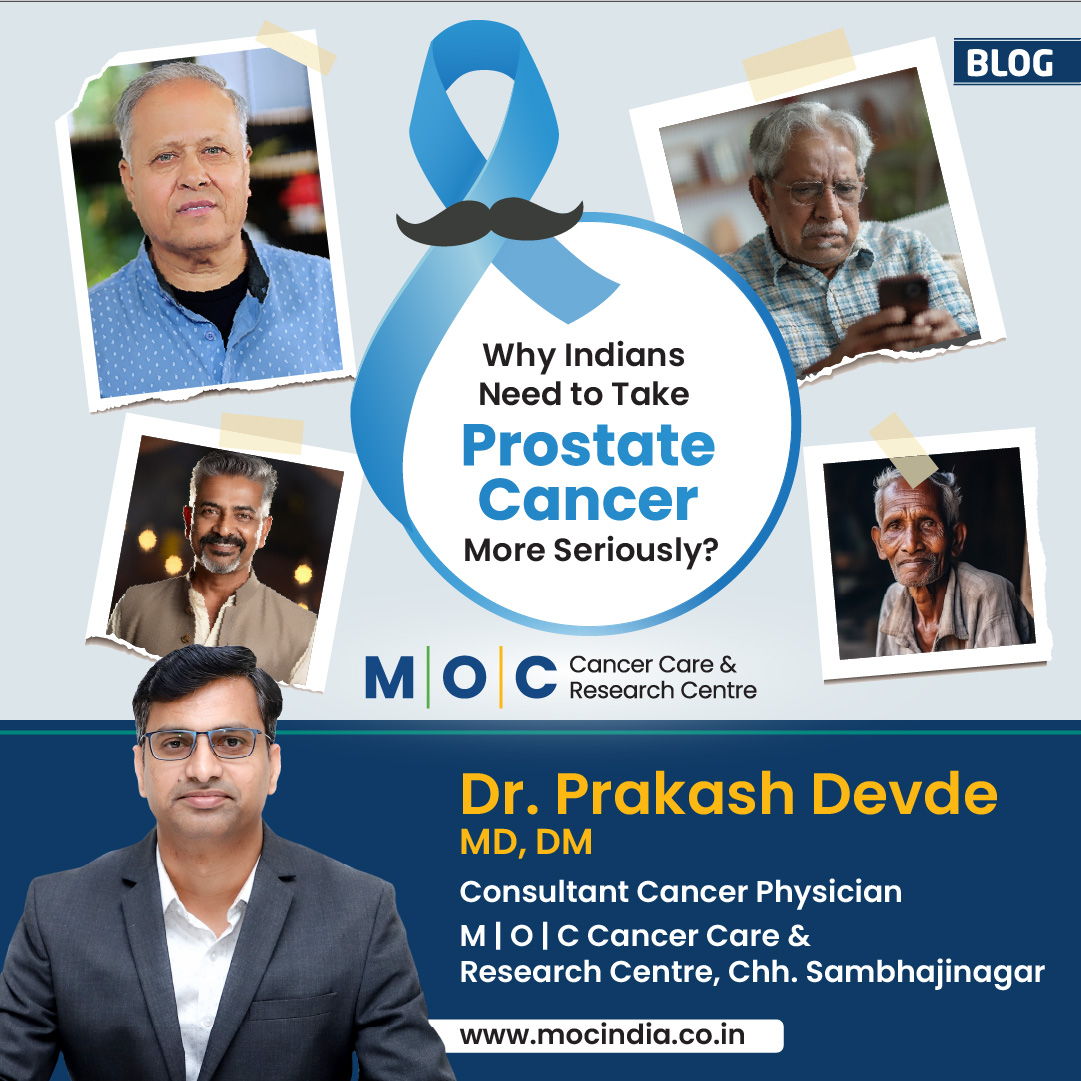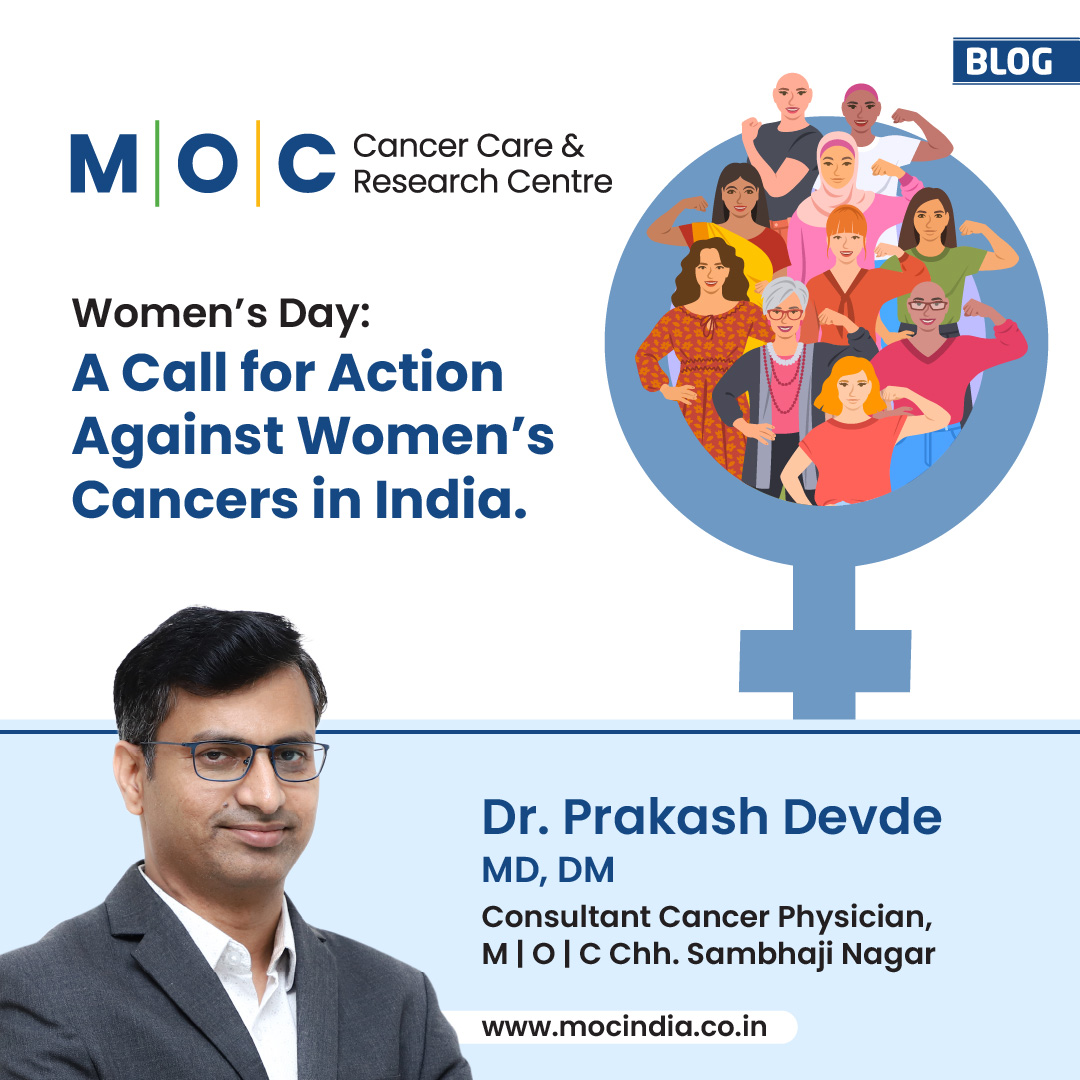Obesity and Cancer- Dr. Sonal Dhande



""Are you an Apple or a Pear?"", Wondering what a wicked question is this? Well, Ask yourself whether you carry a swollen, stiff and a bloating stomach that doesn't allow you to see your feet while in an upright standing position and because of which the shape of the body looks like an Apple; or a disproportionately outweighing, fat buttock or a portion lower to the waist that makes you look like a Pear. The Apple posture is more common in Men and that the Pear in Women. We can collectively call such people the victims of Obesity.
Obesity, a physical condition that is characterised by disproportionate rise in the body weight of a human body, relative to its height. It is measured on the scale called 'Body Mass Index'. According to WHO, adults with a Body Mass Index (BMI) of equal to or greater than 25 are classified as Overweight and those with BMI of equal to or over 30 are called Obese. We all are aware that the excessive body mass / weight is an unhealthy phenomena which carries a potential to invite many non-communicable diseases like Diabetes / Heart disorders for us. Obesity is a global threat to humanity and a result of consumption of energy dense food that is processed and high on calorie, as well as sedentary life style that restricts physical activity. Much discussed westernisation of the developing nations like us has passed this threat to our population as well.
According to a study 'ICMR-INDIAB 2015' conducted by Indian Council of Medical Research (ICMR), in India, over 13.50 Cr adults were affected by Obesity. Another Indian study (Luhar et al. Year 2020) that forecasts prevalence of overweight and obesity in India by year 2040 reports that the prevalence of overweight and obesity will rise by double and triple respectively in the age group 20-69 years by 2040. Beyond these concerning figures, we have a research paper from American Cancer Society, Imperial College London and Harvard T. H. Chan School of Public Health that has even more alarming facts being reported about obesity and cancer incidences.
According to this report, excess body weight is responsible for 3.9% of total cancers globally. Researchers believe that the cancer incidences will rise in years to come, given the global obesity trends. Being overweight or obese is linked to Breast Cancer (in women post menopause), colon and rectum cancer, endometrium cancer, esophageal cancer, kidney cancer and cancer of pancreas. Excess weight can also contribute to cause cancer of gall bladder, ovary, liver and multiple myeloma. India being a country that is adapting a western anthropological modernity and increasingly so the the western lifestyle at a pace, the steep rise in obesity prevalence in India is inevitable. No wonder why rise in the incidences of cancer is projected to be significantly higher over next decade.
The solution to this tragedy is quite obvious, that is to work on maintaining an optimum body weight using simple and smart means.
- Avoid processed food with high calorie content
- Avoid junk food / trans-fat food
- Reduce sugar intake
- Substituting sugar with black jaggery
- Reduce oil consumption and fatty food
- Include fruits and fibrous food in the diet
- Daily exercise / physical activity like, brisk walking, jogging, cycling, yoga etc is must
- Stop Smoking, cut down on Alcohol consumption
Controlling the weight can help keep away many diseases including cancer. Make your choices carefully.
Dr. Sonal Dhande, MD DNB
Consultant Cancer Specialist
Mumbai Oncocare Centre, Nasik
91-8888736446
drsonaldhande@mocindia.co.in
www.mocindia.co.in
"
Latest Blogs
-
![Why Indians Need to Take Prostate Cancer More Seriously? An Oncologist's Opinion]()

- 20th Mar, 2025
- Why Indians Need to Take Prostate Cancer More Seriously? An Oncologist's Opinion
-
![Women’s Day: A Call for Action Against Women’s Cancers in India.]()

- 10th Mar, 2025
- Women’s Day: A Call for Action Against Women’s Cancers in India.
-
![A Unique Perspective on Women and Cancer- A Food for Thought]()
.jpg)
- 3rd Mar, 2025
- A Unique Perspective on Women and Cancer- A Food for Thought
-
![Bridging Hope and Equity for Young Warriors this International Childhood Cancer Day]()
.jpg)
- 18th Feb, 2025
- Bridging Hope and Equity for Young Warriors this International Childhood Cancer Day
-
![World Cancer Day 2025: United by Unique, Empowered by Hope.]()

- 5th Feb, 2025
- World Cancer Day 2025: United by Unique, Empowered by Hope.
-
![Striving Towards People-Centred Cancer Care]()

- 3rd Feb, 2025
- Striving Towards People-Centred Cancer Care
Book Your Appointment








